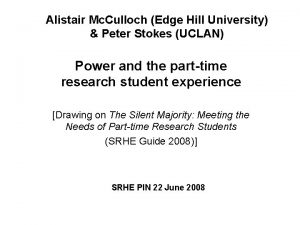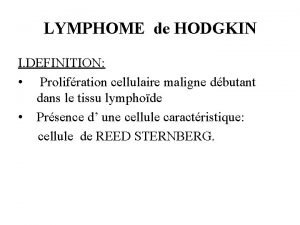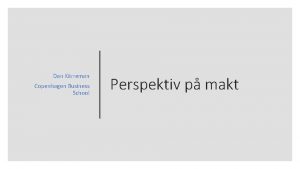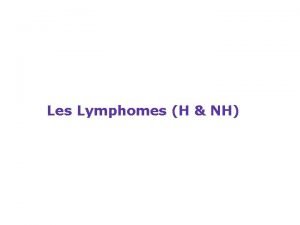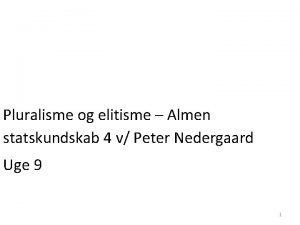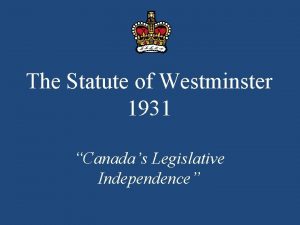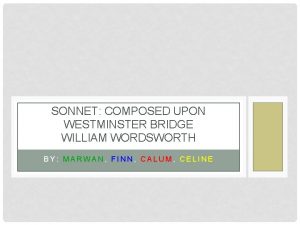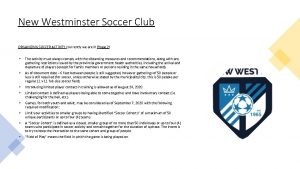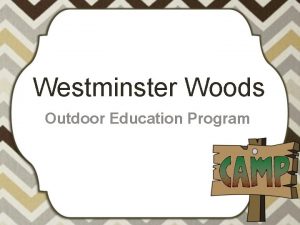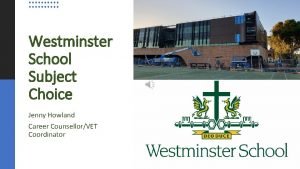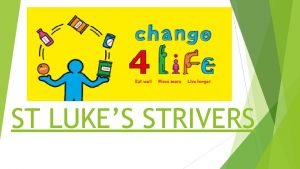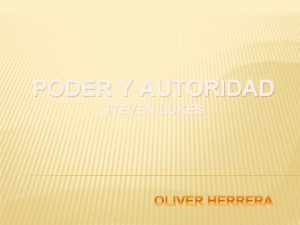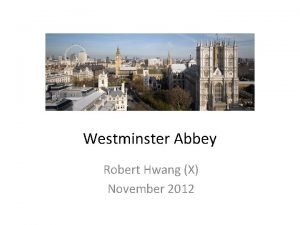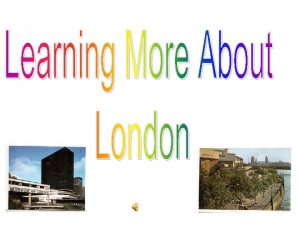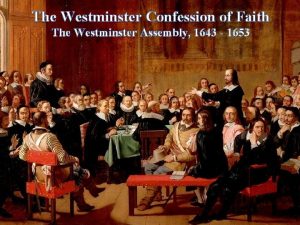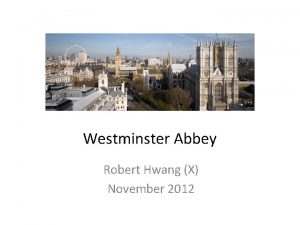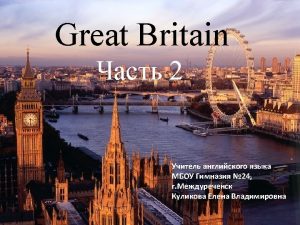St Lukes Primary School Westminster www stlukesprimary org










- Slides: 10

St Luke’s Primary School Westminster www. stlukesprimary. org. uk Pupil Voice in Primary Science Strategies and Ideas

Summary of Content Listening to what children have to say about their science education is one way of improving practice. This exemplar shows how one school regularly gathers children’s opinions and uses their ideas to improve the teaching and learning. Look out for their Science Newsletter too.

What the school says • We believe that pupil voice is essential to help us better understand how children feel about their learning. • At St Luke’s Primary School, children feel valued and know that their opinions are taken into account by the staff. • Science achievement, including pupil’s views, are shared with parents and governors through the publication of a termly science newsletter.

Click on the picture to hear our voices. How and when? • Pupil consultations with small groups take place twice a year in addition to an annual online survey carried out with all the children. • The combination of qualitative and quantitative methods of data collection not only offers a more reliable picture of children’s views but also gives every child the chance to express what they think.

How de we collect children’s views? • For the pupil consultations, we select between 4 and 6 children from each year group. • We aim to listen to children from a range of groups, i. e. boys, girls, EAL, FSM, more able, less able, etc. • We ensure children focus on their learning experiences and what the school can do to improve them. • We use their feedback to address any relevant issues raised during the consultation such as more science trips or visitors to the school.

How do we collect children’s views online? Our annual online survey enables all the children to express their views on the subject.

The impact for our school is. . . • Pupil voice results show the children find science exciting and this enthusiasm is causing more parents to become involved with science events within school. • The online survey results carried out with the vast majority of children across both key stages confirmed the children’s excitement about the subject. • Teachers have responded to pupil voice and now provide more specific next steps in children’s books and during lessons.

Sample questions and answers. • Do you like science? Why or why not? • What have you learnt recently? Show me your book and talk me through your learning. • What do you like / dislike about science? • Is there anything you find difficult in the subject? • What can the school or your teacher do to make science even more exciting? Listen to our MP 3 audio file to hear some of our answers.

Science Subject Leaders Comments We found “Survey Monkey” a really useful piece of free software for collecting and collating pupil voice. Also “Teachers Media” has some useful advice about how to capture and use pupil voice.

What we will do next This will depend on what the children tell us about their science – as long as we listen we can respond to their ideas.
